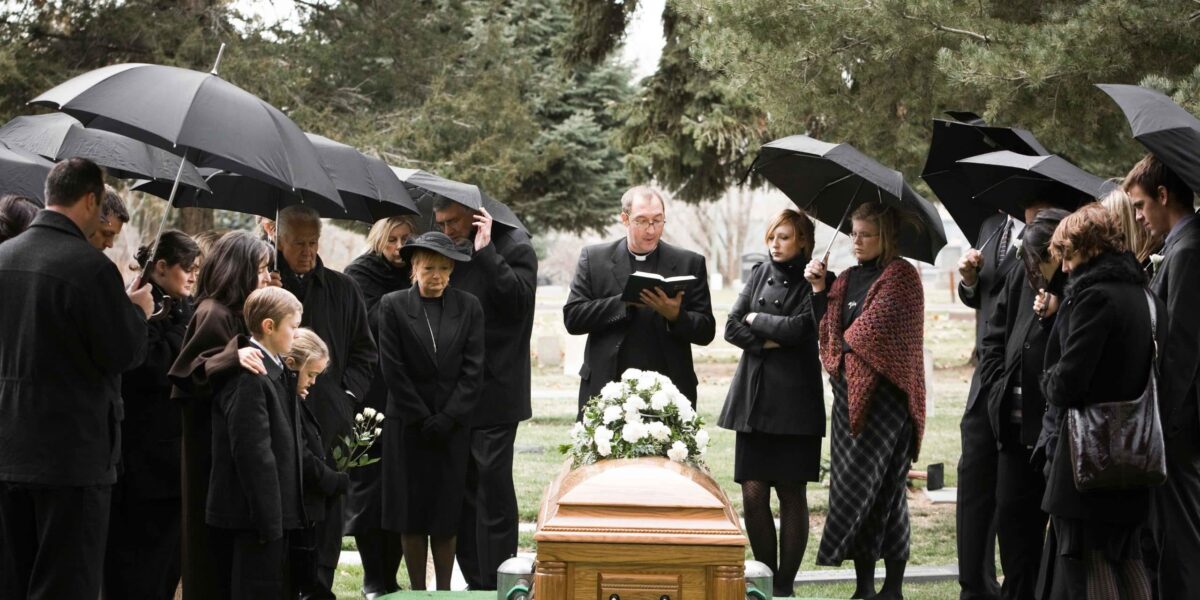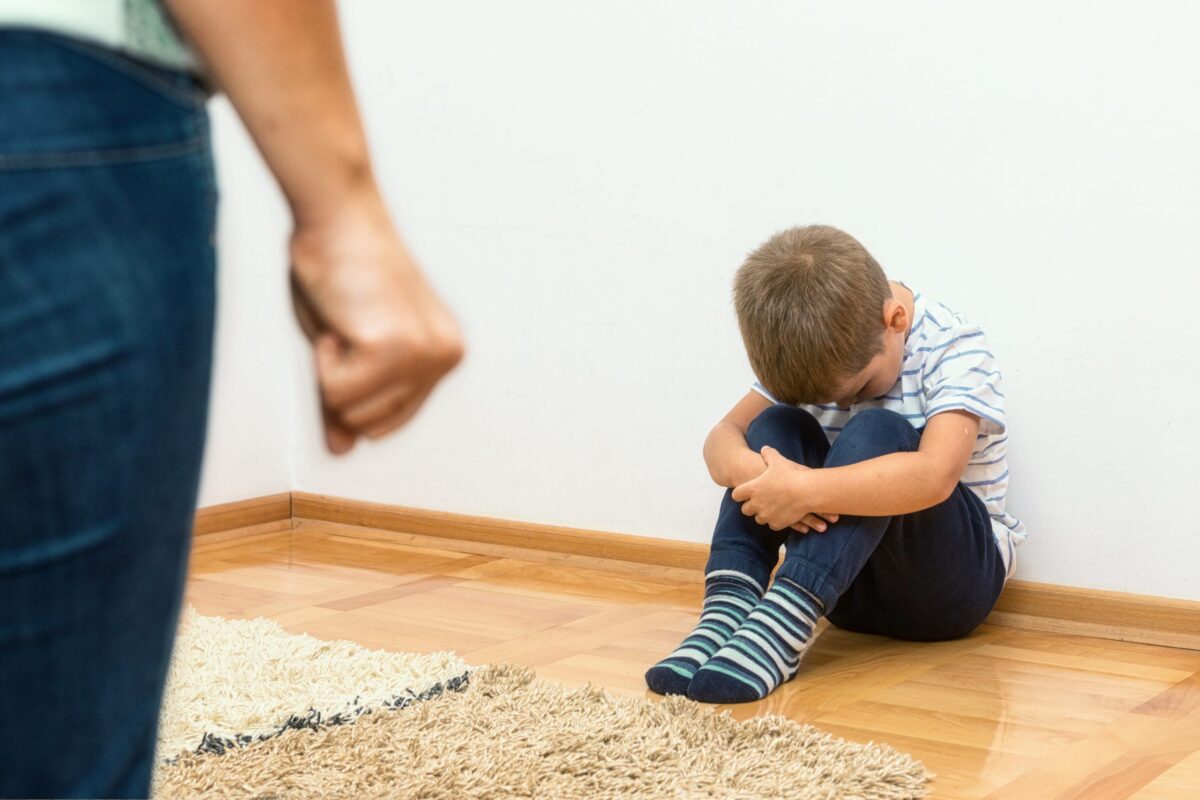They drop. One by one. Not like flies. No, these vital spirits soared so high above the earth that it is tragically inconceivable when you learn that they are gone. Permanently. And as they disappear, their flesh rotting ignobly inside the cinnabar chambers of the dead and the veracity of their former vivacity powering mighty metropolises you didn’t know they constructed inside your mind, you are reminded of how increasingly invisible and vulnerable you are. You are not dead like them. Not yet at least. But you will be dead sooner than you think. You are not quite forgotten although the texts and the calls and the emails and the social invites attenuate as you become a more exclusive and less desirable prospect with age. It is harder to plant new hitches with the other mischief-makers. You know the ebullient minds are out there, but they have become lost in the insufferable noise of who’s the best. It’s not who is the best. It’s who feels and thinks the most. It’s who has the stones to be completely truthful, though gently and lovingly so. It’s who does the most solids without consideration of reciprocity. And as your truth burgeons into one of complexity and nuance as you rack up more life experience than even the most exactingly tabulating mind can track, the quest for who remains among your ilk grows harder.
You feel more disposable somehow, but more giving. More loving. More present. And you wish that this feeling had been actualized much earlier in your life, even though it was always there and it only required the secret sad ingredient of loss to bake the ironclad bonds that endure.
You wished that you could have tamed whatever solipsistic beasts had roared before they buckled out of the gate. You’ve seen how others succumbed to late age narcissism you didn’t quite possess. And now you know, as the minutes become evermore precious, that they did so because they had no other way of coping or behaving. We all delude ourselves in one way or another. Most of the time, it’s that constant navelgazing, that incessant self-interrogation and self-immolation that backfires upon you years later like some aging car incapable of passing the yearly smog check.
But the self is overrated. Nobody cares about the preening anxieties and the careening fears that keep you stirring in a cold sweat beyond midnight. Even when you express these to others in the clearest and most vulnerable and most mindful terms, they simply won’t perceive it or practice it the way you do. But that also goes for loving and giving and being present. Nobody sees the world the way you do. Maybe centuries from now, some genius will crack the social code so that there isn’t so much of a divide. That is, if the robots, who are now honing martial arts skills, don’t destroy us first.
But sometimes you get lucky and you meet a soul of limitless depth who is on a similar journey. If you’re really lucky, they stick with you for life.
But what if they don’t make it while your engine still has a good deal of mileage? What if you’re minding your own business, dipping your morning spoon into a granola bed shrouded with yogurt, and you get the text that they passed? Then what? Well, unspeakable grief for a start. And the sense that your world is becoming much smaller soon after.
Before fifty, these alerts happened every once in a while and it made you sad. But what if two people you know drop dead on the same day? That had never happened to me until yesterday. And I was ill-equipped to contend with all the sorrow and the feelings of unbearable loss that mopped up every last ounce of my usually robust and exuberant energy and that caused me to sleep for an obscene number of hours. I put up a good front, as I always do, when I entered into the world. But, oh, I was crying behind closed doors. Remembering a wonderful evening with my now dead ex, one of the first women to call me sexy and truly mean it, as the two of us fooled around to She Wants Revenge’s first album playing on repeat and watched the sun rise and talked about how awesome Emma Goldman was. And I recalled how smart and witty and beautiful she was. I remembered her full punkish splendor. Perhaps that memory will die with me. That’s the other great tragedy. So much human experience lost to time.
What’s happened with me is that I have grown angrier and less tolerant of those who eschew compassion and empathy. Of those who are conveniently selective towards those outside their myopic sphere, almost always out of spite and bitterness and almost always functioning with that supercilious streak that often walks hand in hand with stupidity.
Technology has given us the power to connect with each other, to find our fellow weirdos, and yet I feel that most people understand each other with less acumen than they did before the invention of Netscape Navigator.
It’s strange to me that the most expensive human rituals are weddings, funerals, and bar mitzvahs. What of everything in between? Life should be defined by more than coming of age, death, and who we decided to marry. This is stuff for the census takers, not for the celebration of life.
Human beings are more than mere insects. And the loss of someone you know is hardly on the level of a fly being swatted.
We only start to understand mortality when we’re in our last decades. Herman Melville once called mortal greatness a disease. And when even the great 19th century Bard of New York is uneasy about this state of affairs, you have to wonder on some level if you’re as crazy as Ahab to care and feel so much about the friends, family, and lovers you lose. Well, I’d rather be sick with sorrow than to feel nothing at all.

